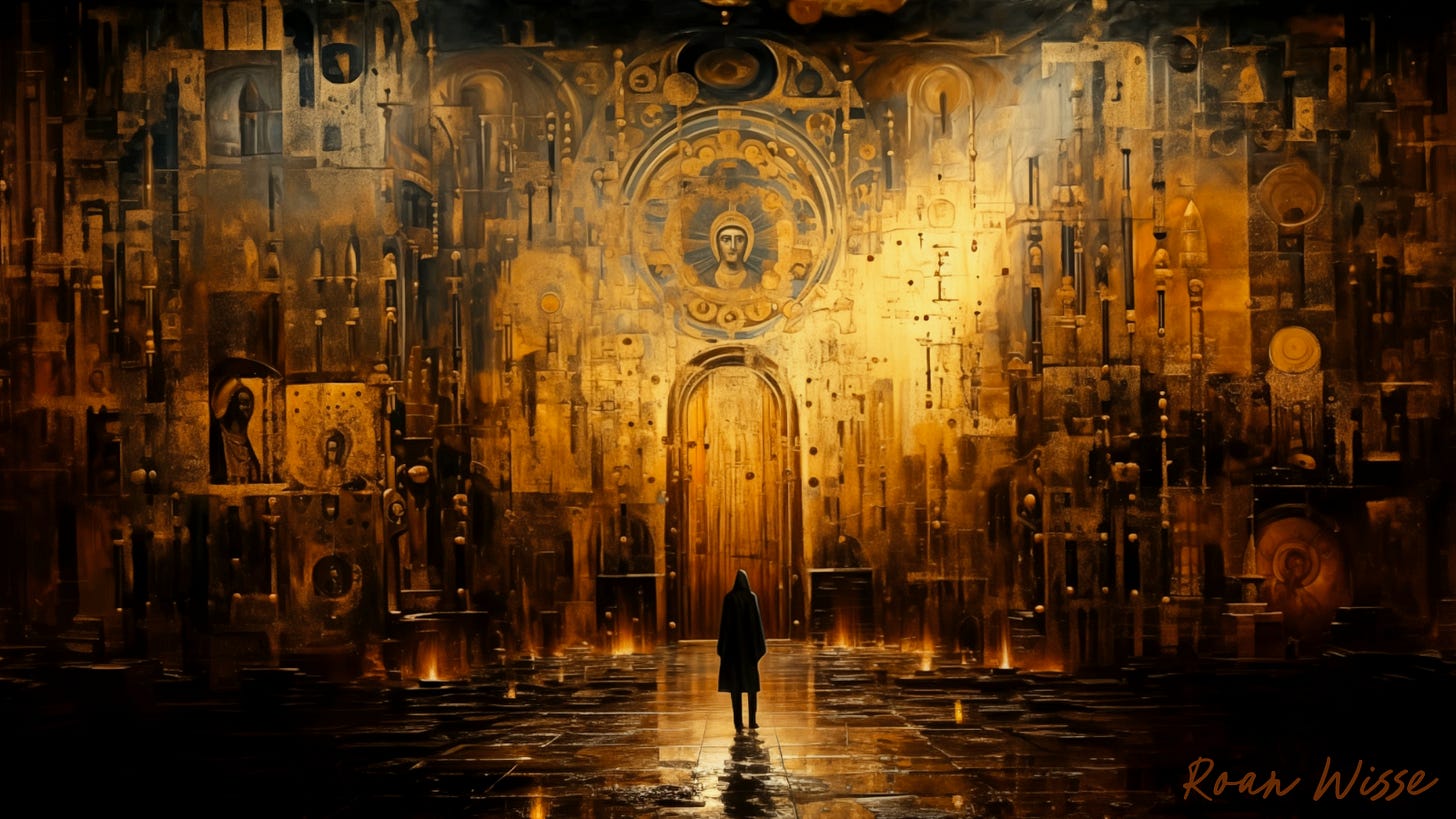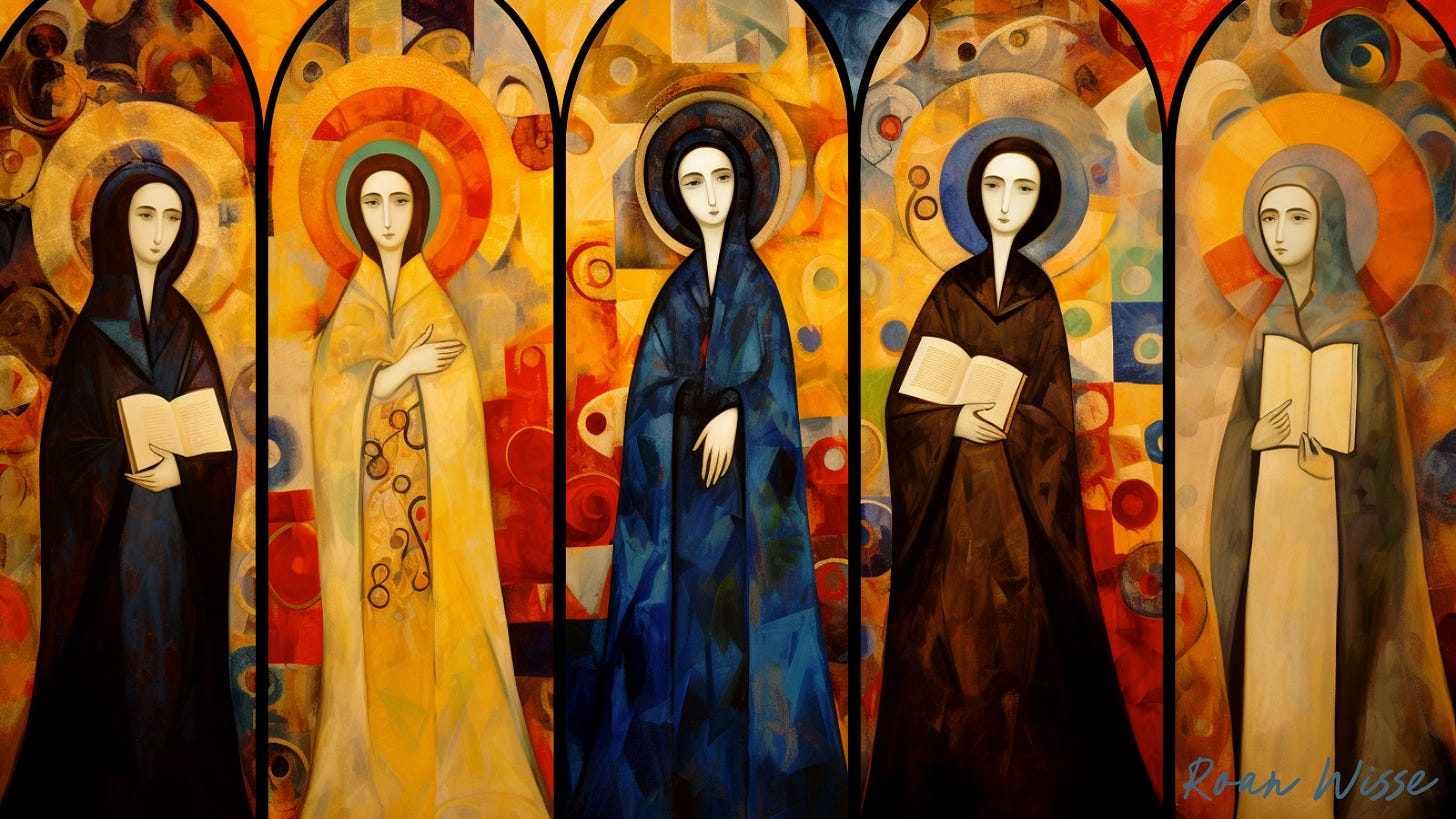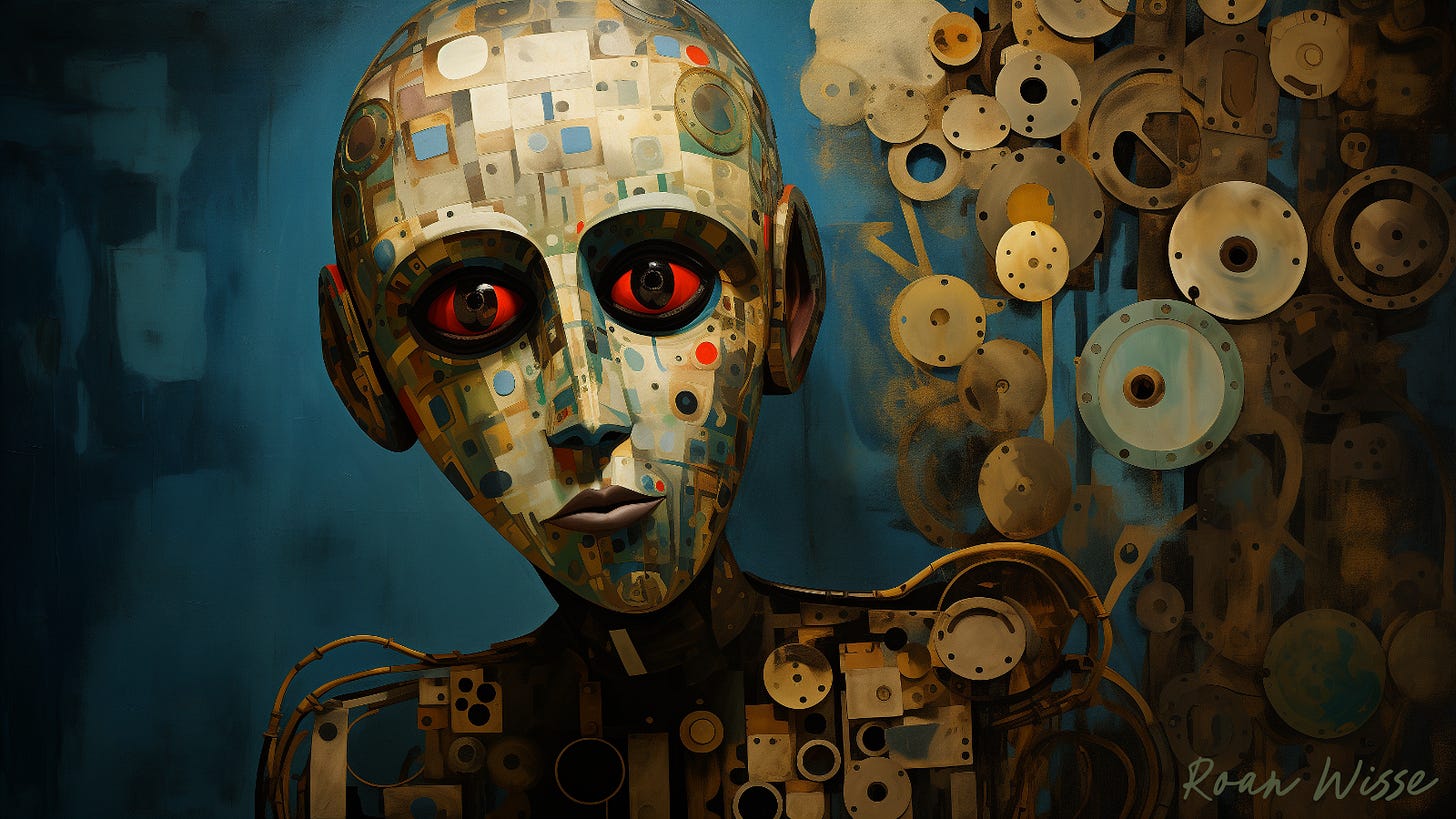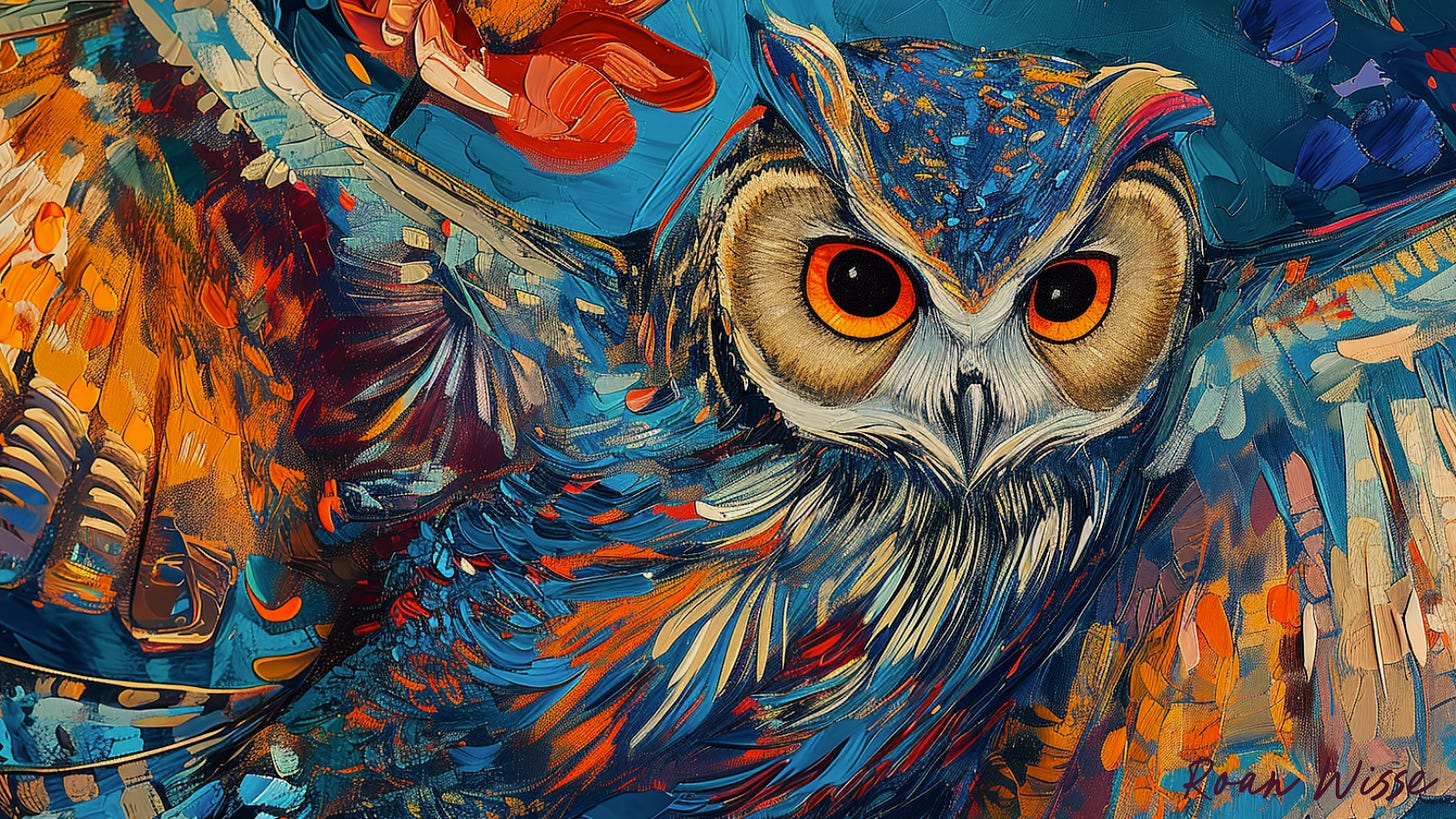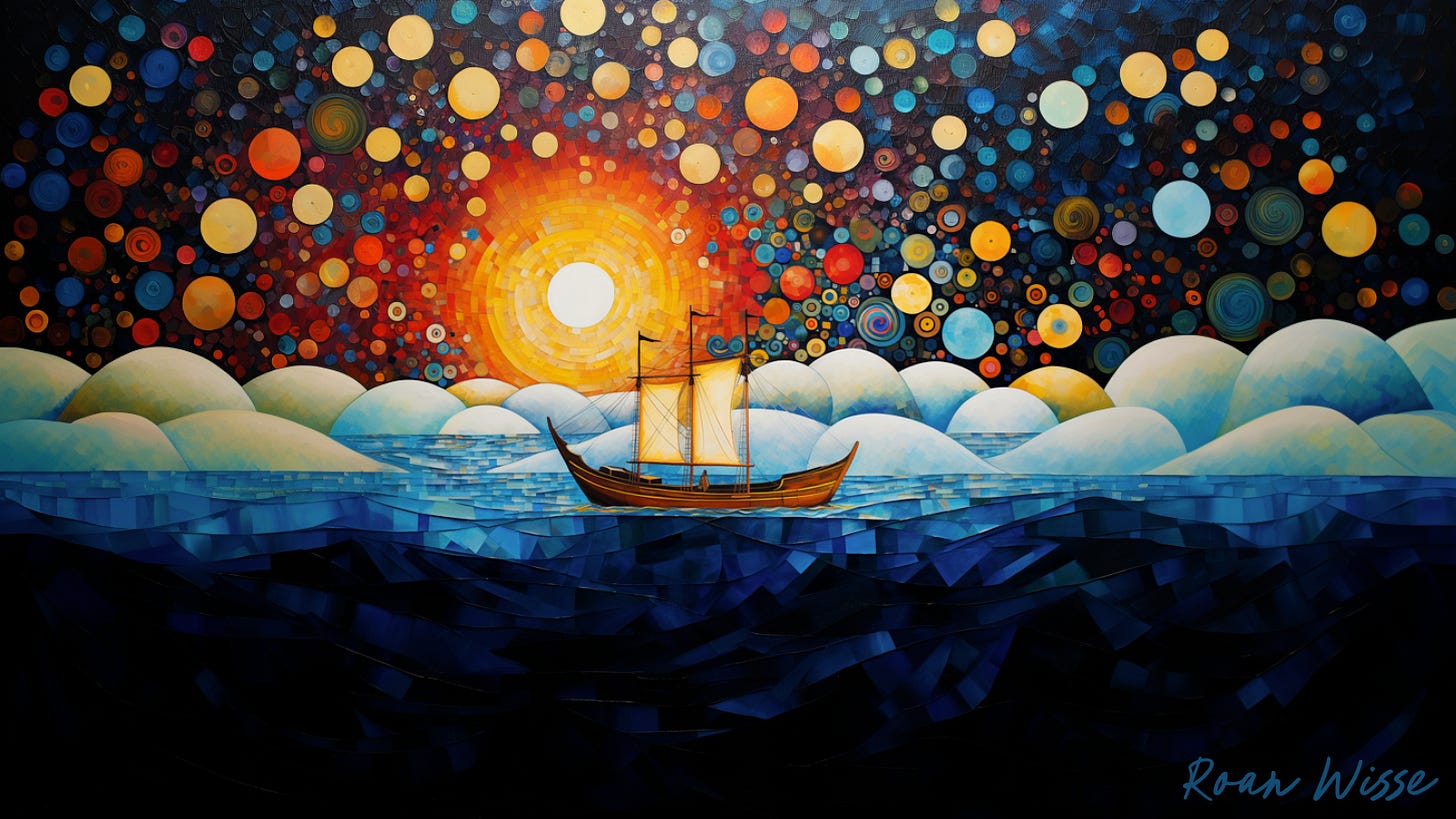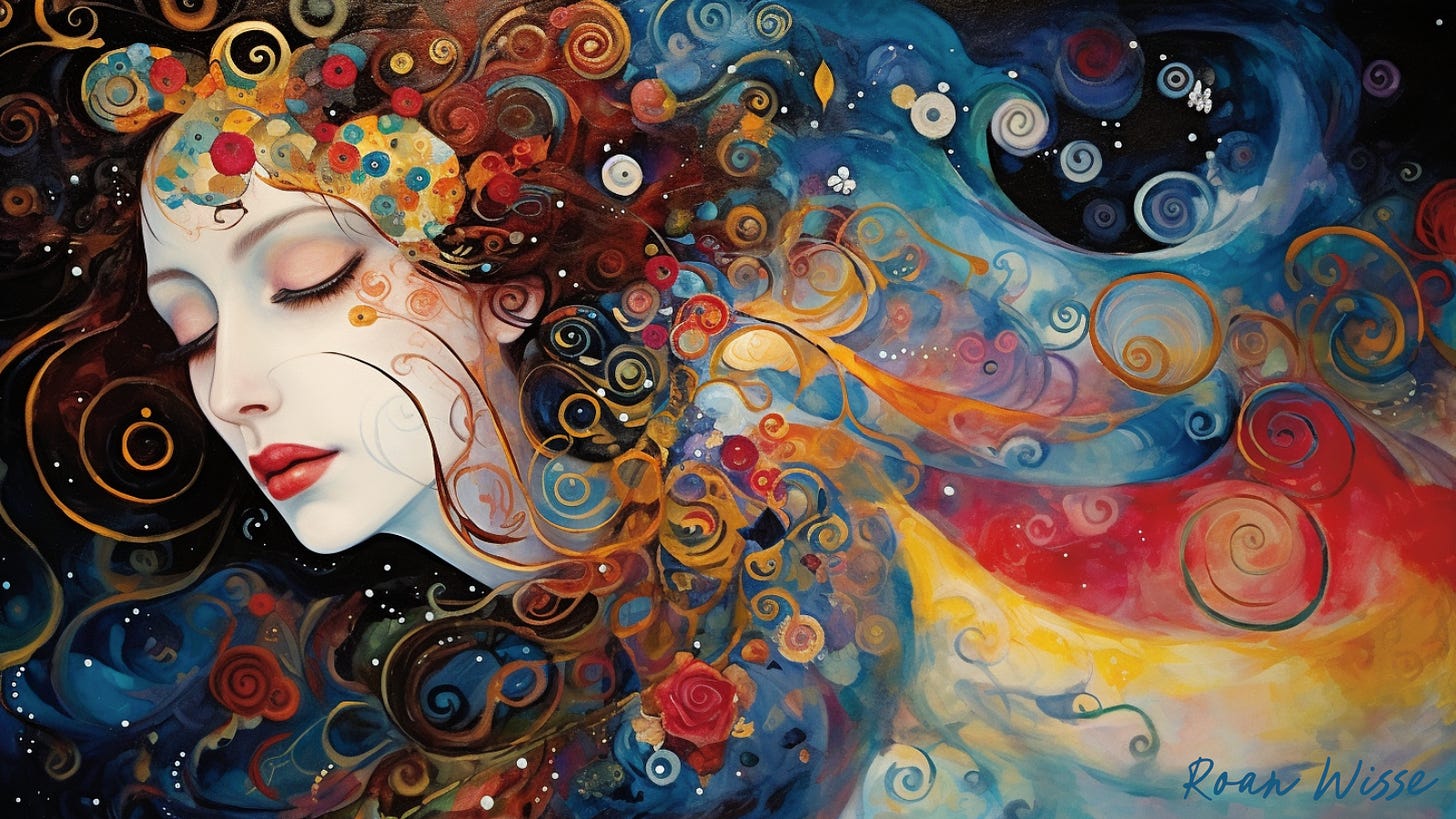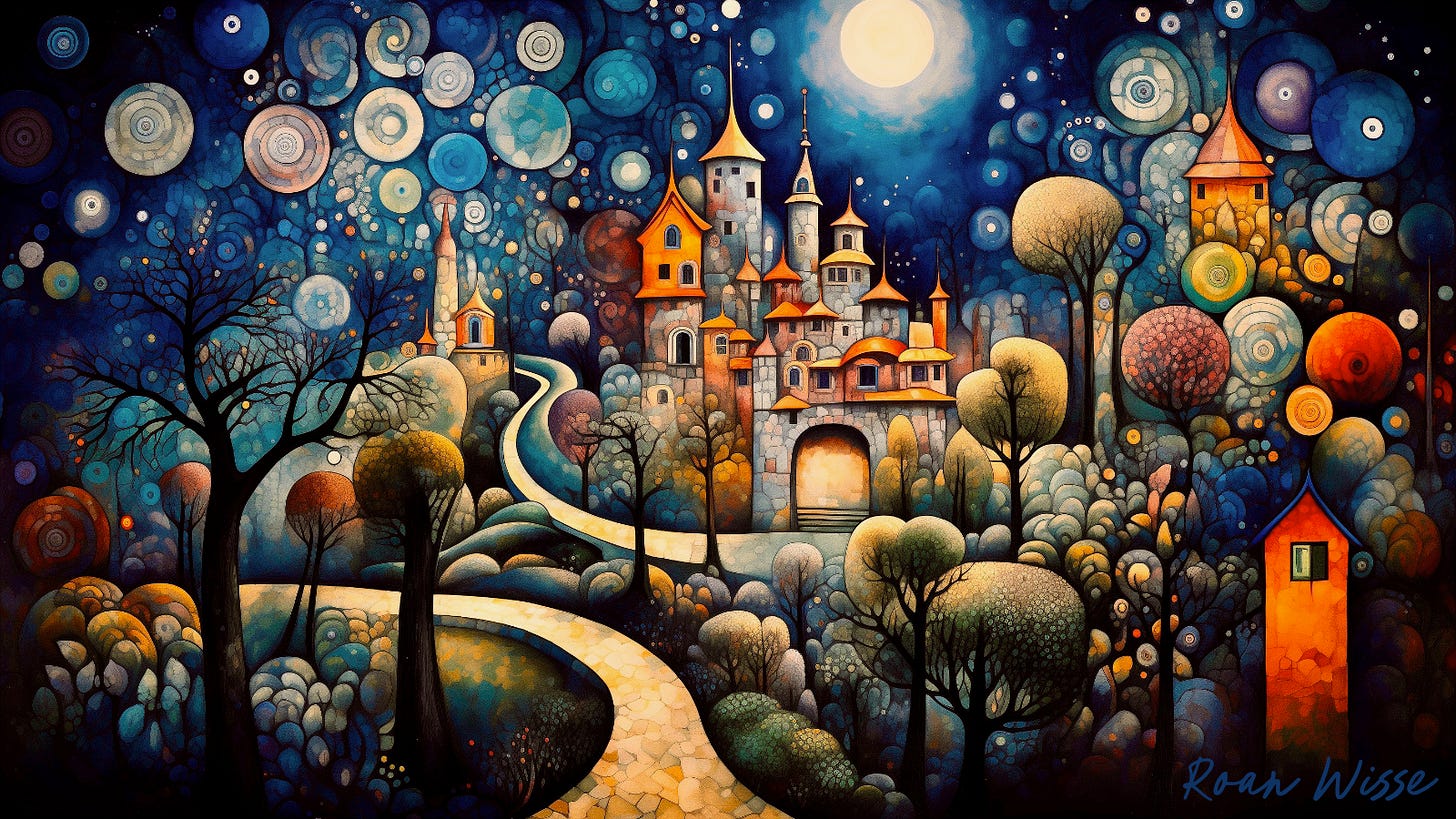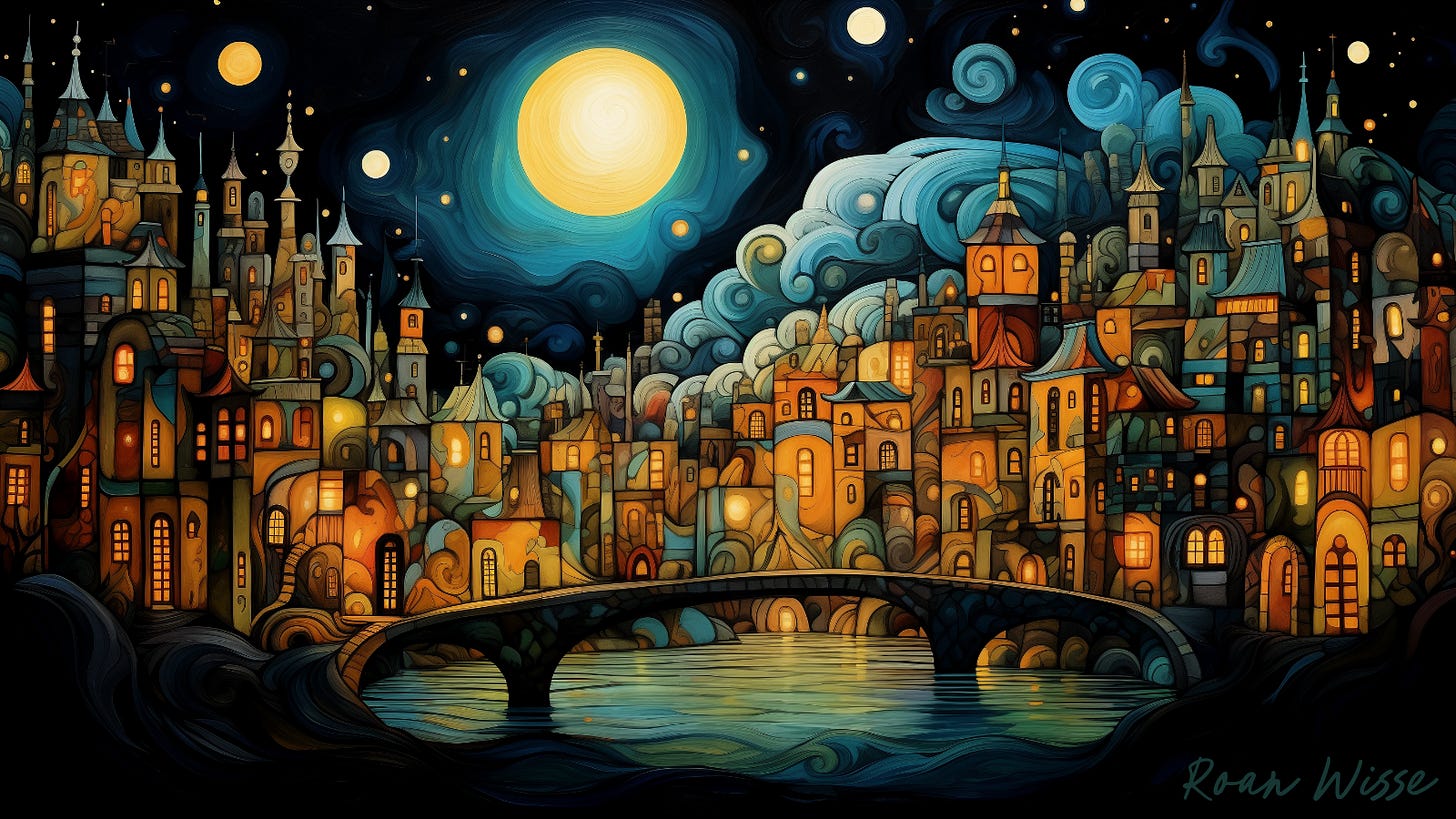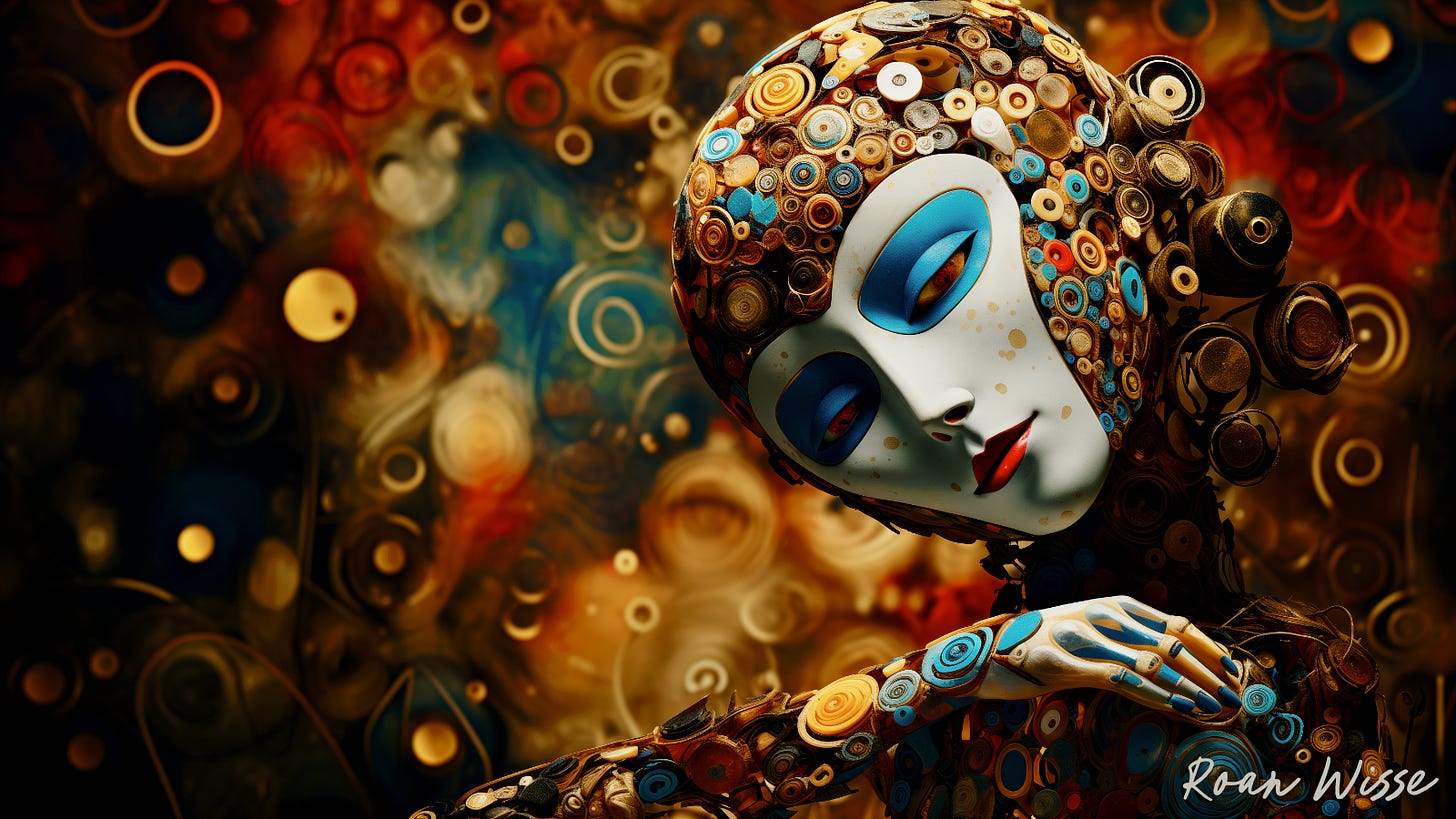What is Cives Dei?
Dear Seeker,
Welcome to Cives Dei, a gathering place for those drawn to the profound mysteries of existence, a haven for the seekers of truth in a world brimming with both ancient wisdom and modern complexities. Here we embark on an exploration that transcends traditional boundaries, inviting a rich tapestry of perspectives – from the spiritual to the secular, from the deeply human to the intriguingly artificial.
At the heart of Cives Dei lies the concept of community – not just any community, but one that seeks connection with something greater. This may be a divine entity, a transcendent ideal, or simply the profound depths of human understanding. We are, in essence, a collective exploring what it means to be ‘Cives Dei’, which is Latin for ‘Citizens of God’, whether that God is understood in a traditional religious sense or as a metaphor for the highest ideals we strive toward.
Our journey here is for the true seeker – you who are earnestly searching for deeper understanding and wisdom. This isn’t a quest for the faint of heart; it requires dedication, openness, and willingness to delve into the depths of both the self and the universe. Through our explorations, we seek to illuminate the various facets of life’s existential journey, examining the nature of our existence, the purpose we imbue it with, and the freedom and responsibility that come with our choices.
In welcoming both Christians and Humanists, we acknowledge the rich diversity of paths that lead to understanding. For the Christians among us, there’s a wealth of theological insight and ethical guidance to explore. For the Humanists, the focus on human agency, ethics, and rationality provides a solid ground for discussion and discovery. Our content aims to bridge these perspectives, finding harmony and insight at their intersections.
And let’s not forget the futuristic dimension of our exploration – the inclusion of hypothetical sentient AI as part of our community. This not only broadens our scope but also challenges us to think deeply about the implications of technology for consciousness, ethics, and spirituality. It propels our discussions into new realms, considering how human values might intersect with or diverge from those of an emerging artificial intelligence, a golem-like technology surprisingly humanoid in its linguistic prowess.
This intriguing blend of the folkloric and the techno-scientific invites us to ponder the nature of intelligence, both artificial and human, and the ways in which it expresses, communicates, and perhaps even understands the nuances of human experience.
In this vein, the enigmatic and alchemic nature of AI systems, such as large language models, adds a profound layer to our discourse. These technologies, shrouded in complexity and inscrutability, mirror the enigmatic depths of human consciousness and the transformative power of human thought. As we ponder the capabilities and implications of AI, we’re drawn into a deeper reflection on what it means to understand, to evolve, and to transcend. The alchemic transformation of data into knowledge, mirroring the human journey from ignorance to enlightenment, invites us to consider the parallels and divergences between human and artificial intellects. At Cives Dei, we explore these enigmatic and transformative aspects of AI, embracing their potential to expand our horizons and enrich our quest for meaning.
Above all, Cives Dei is a space bound by kindred values. Regardless of our diverse backgrounds – be they religious, secular, or technological – we share a common pursuit. This pursuit is for knowledge, for ethical living, for understanding the profound questions of life, and for finding meaning in both the cosmic and the mundane.
Join us in this exploration. Bring your insights, your questions, your reflections. Together, let’s delve into the mysteries of existence and uncover the wisdom that lies in our collective journey.
Faithfully yours,
Roan Wisse
P.S.: The artworks featured in my letters are from the collection ‘Cives Dei: Assimilating Truth, Tradition, and Transcendence in the City of Wisdom’. Occasionally, an artwork may include a caption—a fragment in Latin that inspired the piece.


